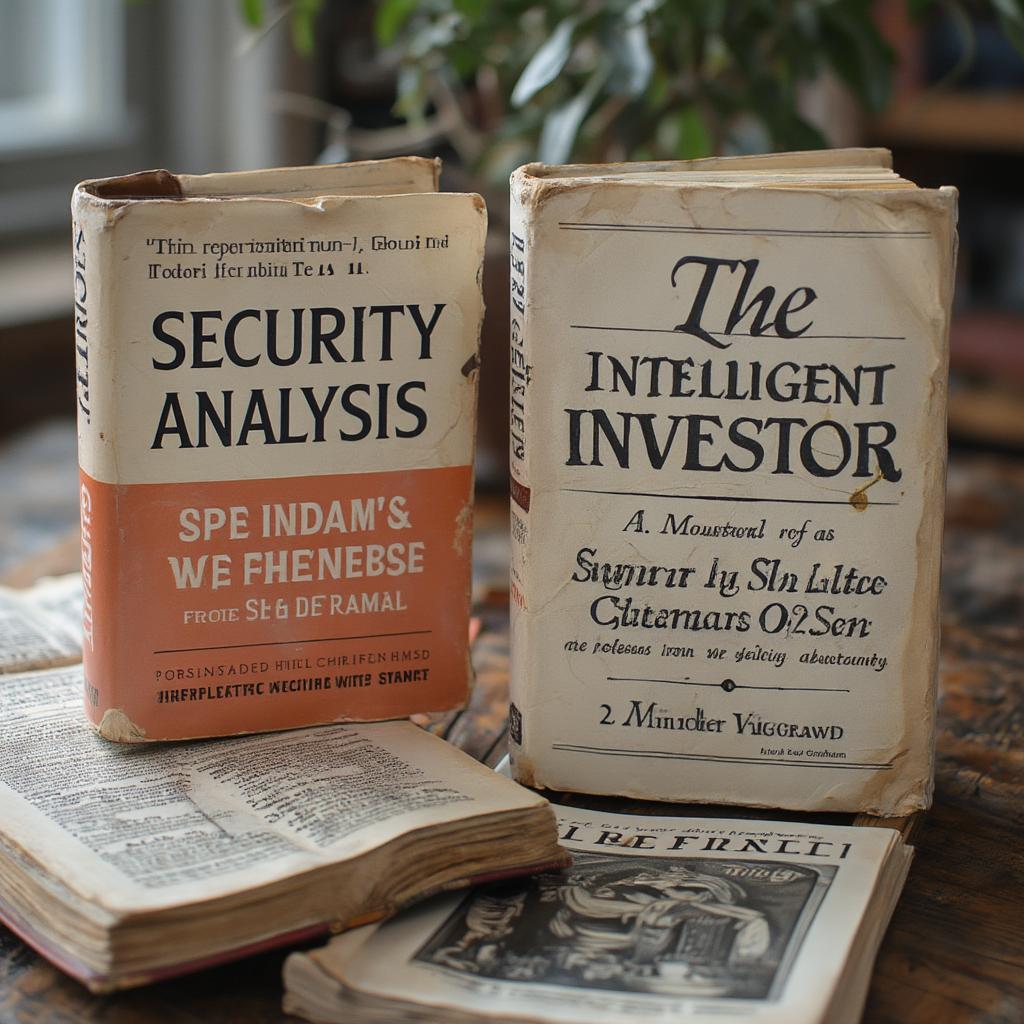Benjamin Graham, a name synonymous with value investing, stands as one of the most influential figures in 20th-century finance. His groundbreaking ideas, captured in seminal works like “Security Analysis” and “The Intelligent Investor,” continue to shape investment strategies worldwide. This biography delves into Graham’s life, career, and enduring legacy, exploring the key principles that cemented his place as a financial titan.
Born in London in 1894, Graham immigrated to the United States with his family at a young age. He displayed remarkable academic prowess, graduating from Columbia University with honors. His career on Wall Street began in 1914, and despite experiencing the market crash of 1929, Graham emerged with a refined investment philosophy centered on identifying undervalued assets. This experience profoundly impacted his approach, emphasizing the importance of fundamental analysis and margin of safety.
Graham’s investment partnership, Graham-Newman Corporation, founded in 1936, became a proving ground for his value investing principles. The firm’s consistent success over decades demonstrated the efficacy of his strategies, attracting a dedicated following of investors who sought to emulate his disciplined approach. This period marked the development and refinement of his core tenets, which emphasized intrinsic value over market fluctuations.
Central to Graham’s philosophy was the concept of “Mr. Market,” an allegorical figure representing the irrationality of the stock market. He argued that investors should view market volatility as an opportunity to buy low and sell high, rather than being swayed by emotional reactions. This principle of exploiting market inefficiencies became a cornerstone of value investing.
Beyond his investment success, Graham significantly impacted the financial world through his writings and mentorship. “Security Analysis,” co-authored with David Dodd, became a bible for investors, outlining a systematic approach to evaluating securities. “The Intelligent Investor,” published in 1949, offered a more accessible guide to value investing for the general public. These books, translated into numerous languages, continue to educate and inspire investors globally.
One of Graham’s most notable mentees was Warren Buffett, who studied under Graham at Columbia Business School and later worked at Graham-Newman. Buffett credits Graham with shaping his investment philosophy and attributes much of his success to the principles he learned from his mentor. This mentorship highlights Graham’s influence on generations of investors.
Graham’s approach to investing extended beyond simply identifying undervalued companies. He emphasized the importance of margin of safety, buying assets significantly below their intrinsic value to protect against market fluctuations and errors in analysis. This principle, combined with his focus on long-term investing, provided a framework for navigating market uncertainties.
 Benjamin Graham's Seminal Works: Security Analysis and The Intelligent Investor
Benjamin Graham's Seminal Works: Security Analysis and The Intelligent Investor
Despite retiring from active investing in the late 1950s, Graham continued to refine his ideas and share his wisdom with the investment community. He lectured extensively and remained a sought-after advisor. His legacy extends beyond his financial accomplishments, encompassing a profound impact on the way investors approach the market.
Benjamin Graham’s groundbreaking ideas transformed the world of finance, providing a framework for intelligent investing that remains relevant today. His emphasis on value, margin of safety, and long-term thinking continues to guide investors seeking to navigate the complexities of the market and build lasting wealth.
His influence on subsequent generations of investors, notably Warren Buffett, solidifies his place as a true giant in the history of finance. Through his writings, teachings, and practical application of his principles, Benjamin Graham left an indelible mark on the world of investing, establishing a legacy that continues to inspire and inform.


